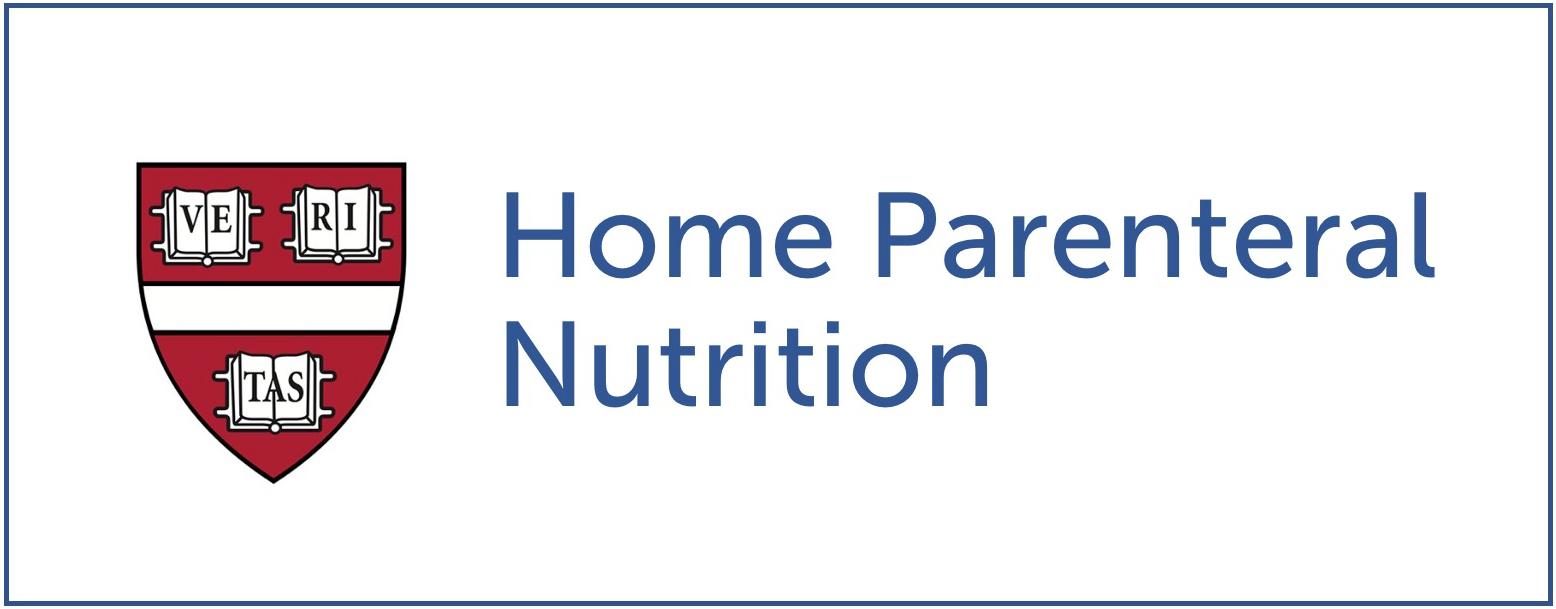 You are consulted as the HPN expert by the inpatient cardiology team to facilitate discharge for a 3 year-old female with a history of heart transplant for hypoplastic left heart syndrome was admitted for new onset 3-week history of vomiting, diarrhea and weight loss. Diagnostic laboratory and imaging studies are still pending. Patient started parenteral nutrition yesterday. GI is planning on pursuing an outpatient evaluation. Patient is stable from a cardiac perspective for discharge. What is your next step?
You are consulted as the HPN expert by the inpatient cardiology team to facilitate discharge for a 3 year-old female with a history of heart transplant for hypoplastic left heart syndrome was admitted for new onset 3-week history of vomiting, diarrhea and weight loss. Diagnostic laboratory and imaging studies are still pending. Patient started parenteral nutrition yesterday. GI is planning on pursuing an outpatient evaluation. Patient is stable from a cardiac perspective for discharge. What is your next step?
B. Collaborate with medical, gastroenterology and nutrition team to facilitate completion of diagnostic work-up of feeding intolerance prior to formal HPN consultation.
C. Initiate immediate HPN consult for prompt discharge. Insist that all further studies including GI work-up be done as outpatient in order to reduce patient's length of stay and quality of life.
D. Refuse HPN consult, because HPN not indicated for any patients with cardiorespiratory diseases whatsoever.
E. Request team meeting to review short-term and long-term goals of care and how HPN might help achieve these goals before agreeing to formal HPN consult per protocol.
The correct answer is b. Collaborate with medical, gastroenterology and nutrition team to facilitate completion of diagnostic work-up of feeding intolerance prior to formal HPN consultation. HPN involves intensive collaboration across disciplines and teams in the care of complex patients. The medical team ought to diagnose her with a condition leading to chronic intestinal malabsorption if they attempt discharge on home parenteral nutrition given its risks. Vomiting, diarrhea and weight loss can be caused by a variety of etiologies in a post-transplant patient, such as viral, bacterial, fungal infections as well as post-transplant lymphoproliferative disease. If a healthcare provide meets with a family and forms a relationship, this should be documented in the electronic medical record. It is not appropriate to aim only to discharge a patient if other work-up has not been done first. However, we must consult on patients when we are asked to. We cannot participate in team meetings where there is no physician-patient relationship.
D is incorrect, because many HPN patients have stable cardiorespiratory disease. It is true that unstable cardiorespiratory diseases is a contraindication to HPN.
